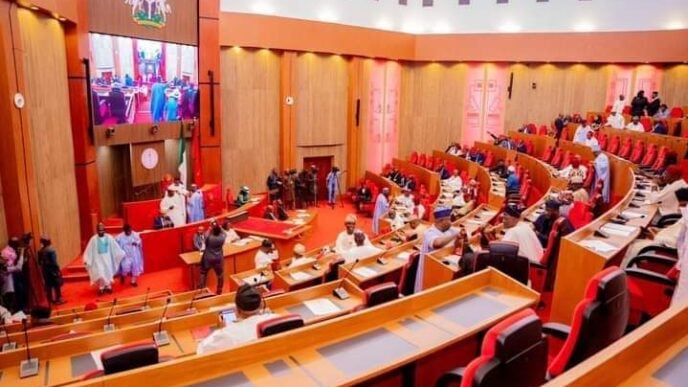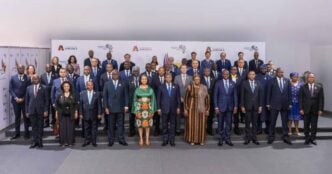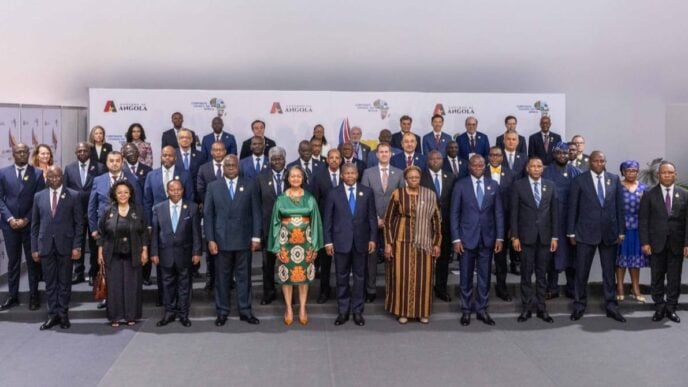The Manufacturers Association of Nigeria (MAN) has asked the Lagos state government to carefully reconsider its decision to ban certain single-use plastics (SUPs) in Lagos, effective from July.
In a statement on Monday, Segun Ajayi-Kadir, director-general (DG) of MAN, said the development was not informed by credible data and was “out of tune with reality” given the current socio-economic situation.
The DG said the ministry’s decision to ban SUPs is based on unsubstantiated claims of adverse health and environmental impacts, with no published studies to support the assertion.
Ajayi-Kadir explained that achieving plastic circularity requires a life-cycle, contextually relevant, and systemic approach, considering societal, behavioural, and environmental factors, as outlined in Nigeria’s National Plastic Action Roadmap, developed alongside the 2023 National Plastic Waste Control Regulation (NPWCR) draft.
Advertisement
“Its development process gave appropriate consideration to the provisions of the draft NPWCR, an enabling law to execute the aspirations of the National Policy on Plastic Waste Management (NPPWM), 2020,” the DG said.
“It also contemplated the different plastic types and their uses. Its consultation process was participatory, ranking high on the public participation continuum as it sought to understand the viewpoints and challenges of Stakeholders, including the industry. Its output was therefore widely endorsed and accepted as the process was inclusive and evidence-based, even though the aspirations were not favourable to industry.”
According to Ajayi-Kadir, the process for announcing the ban on SUPs in Lagos state lacked inclusivity, starting with the 2021 draft Plastic Waste Management Policy that duplicated existing extended producer responsibility programmes without industry consultation or dialogue to discuss challenges and mitigation strategies.
Advertisement
He said the ban on SUPs prioritises a simplistic approach over a sustainable one, neglects social, economic, and environmental balance, and ignores evidence that inadequate waste collection and management systems are major contributors to plastic pollution in Nigeria.
The DG said the association recommends a balanced strategy to achieve circularity, comprising evidence-based policymaking driven by context-specific data and inclusive stakeholder engagement to integrate the perspectives of manufacturers, traders, and waste managers into policy design.
MAN further recommended a shift to circular economy practices, suggesting government support for local alternatives, infrastructure development, and collaborative governance, while cautioning against adopting external policies without contextual adaptation.
Advertisement









